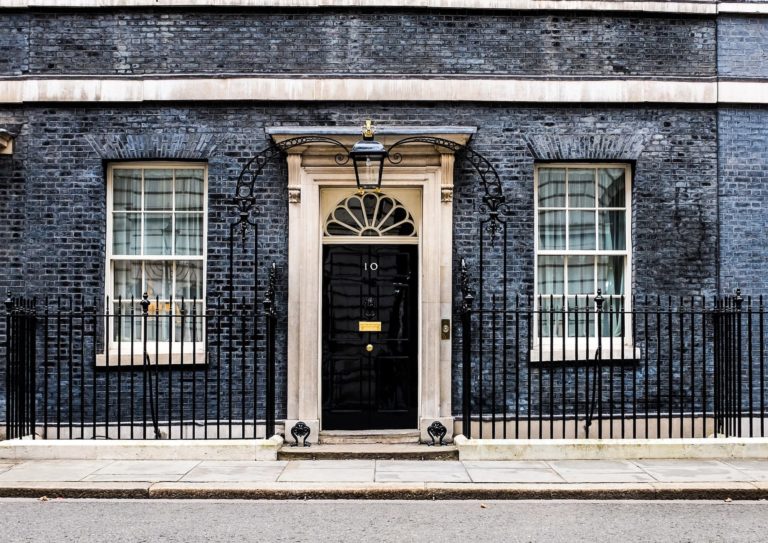Rising Demand for Chain-Free Homes as Stamp Duty Deadline Approaches

With a significant surge in demand for homes that are chain-free, the UK property market is buzzing as buyers seek a speedy move to beat the looming stamp duty hike due to the Stamp Duty Deadline. A recent report by Zoopla highlights that 32% of homes currently on the market are listed as chain-free, a significant draw for those keen to finalise their purchase before the April deadline.1
Changes are Coming in April 2025
The reason for this urgency? From 1 April, the threshold at which first-time buyers start paying stamp duty will drop back to £300,000 from its current level of £425,000.2 This change means that a first-time buyer purchasing a property valued at £425,000 would face a stamp duty bill of £6,205, whereas previously they paid none.3 The costs climb even higher for properties priced between £425,000 and £625,000, with buyers facing an additional £11,250.3
Not only first-time buyers but also home movers are affected by the changes. From April, the stamp duty threshold for these buyers will be reduced from £250,000 to £125,000, potentially adding up to £2,500 in extra costs. This has led to a heightened interest in chain-free homes, with Zoopla reporting a 9% spike in views and a 33% increase in buyer enquiries.3
The benefits of a chain-free property
Why chain-free? For many, it’s the promise of a smoother, quicker purchase. In a chain-free sale, there’s no need to wait for the seller to find their next home, significantly reducing the chances of delays or the sale falling through. “Now is a great time to look for properties, with more chain-free homes available than in previous months,” said Izabella Lubowiecka, senior property researcher at Zoopla. She adds that many chain-free homes result from circumstances such as inherited properties, investors offloading assets, or households merging from two homes into one.3
Location of Property England Northern Ireland Scotland Wales
Do you currently own a property? No, I’m a first-time buyer Yes, I currently own a property No, but I have owned a property in the past
How will you use the property? Live in property Buy-to-let Holiday home
Property Value (£) Calculate
Additionally, looming council tax hikes for second homes, set to take effect in April 2025, are prompting some investors to sell sooner rather than later.3 These properties, often marketed as chain-free, may offer an attractive option for those eager to beat the upcoming financial changes. “More investors and second homeowners are choosing to sell due to these policy shifts, adding to the supply of chain-free homes on the market,” notes property expert Matt Thompson of Chestertons.3
While a chain-free purchase may expedite the buying process, it often comes with a premium. Sellers, recognising the high demand for chain-free properties as the Stamp Duty Deadline gets nearer, are charging between 3% to 7% more, depending on the property’s location and condition. Based on Halifax’s average property price of £294,000, this could translate to an additional cost of between £8,820 and £20,580.3
For those eager to move quickly and avoid potential stamp duty hikes on the Stamp Duty Deadline, paying a little extra for a chain-free home could be worth the investment. However, with demand still outstripping supply, competition remains fierce. As April 2025 approaches, the rush for chain-free properties is only expected to intensify, making this a dynamic and competitive time in the UK property market.
Sources:
- Zoopla (2024) House Price Index: September 2024. Available at: https://www.zoopla.co.uk/discover/property-news/house-price-index-september-2024/ [Accessed 11 Nov 2024]
- BBC News (2024) Stamp duty: What is it, how much is it and how is it changing?. Available at: https://www.bbc.co.uk/news/business-53319433 [Accessed 11 Nov 2024]
- This is Money (2024) Two thirds of homes on market are chain-free, as buyers seek a quick move ahead of stamp duty hike. Available at: https://www.thisismoney.co.uk/money/mortgageshome/article-14060069/Two-thirds-homes-market-chain-free-buyers-seek-quick-ahead-stamp-duty-hike.html [Accessed 11 Nov 2024]
All the information in this article is correct as of the publish date 28th November 2024. The opinions expressed in this publication are those of the authors. The information provided in this article, including text, graphics and images does not, and is not intended to, substitute advice; instead, all information, content, and materials available in this article are for general informational purposes only. Information in this article may not constitute the most up-to-date legal or other information.
For more mortgage advice go to Brighton Mortgage Broker – The Finance House
Please be aware that by clicking on to any of the above links you are leaving our website. Please note that neither we nor HL Partnership Limited are responsible for the accuracy of the information contained within the linked site(s) accessible from this page.








